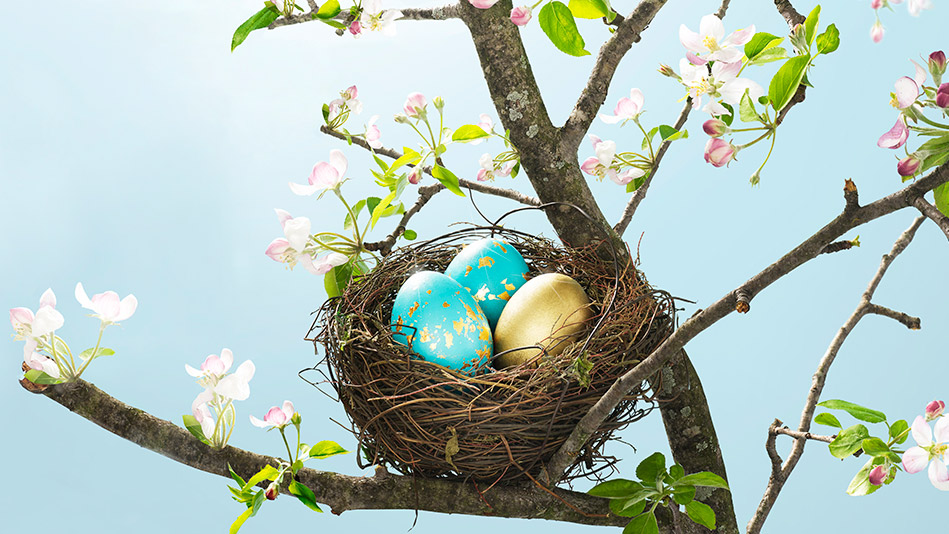How Saying "No" Makes You Happier
It took a financial slump for Margarita Bertsos to learn the secret to living richly.

Photo: Jonathan Kambouris
Last year as I faced my 33rd birthday, it seemed like a good time to sit down and make a list of financial goals. Some were instantly doable, like spending less on food. (Goodbye, $7 organic strawberries.) Others were more ambitious: sock away enough cash for a down payment on an apartment; build a savings account for fun grown-up stuff like buying last-minute plane tickets to Tahoe.
The problem: These things required more money than I was making. The other problem: In this economy, it wasn't realistic to expect a huge raise. Suddenly, my future started to look like an ever-narrowing tunnel. Without a big increase in cash flow, how was my amazing life supposed to start? Obviously, I was doomed.
I loved my job, I loved my boss, but I'd spent my 20s closing up shop at the office every night when I knew I should have been playing harder and taking more risks. I'd built a career I was proud of, but realized I couldn't view a paycheck as my ultimate reward.
Finally, I made an executive decision. I'd give myself a happiness raise and bring into my life more of the good things that money can't buy (and that I'd been denying myself), and less of the stuff that didn't have much real value.
The first step was to do a serious accounting, calculating where I'd been spending my time and energy and noting how much joy I was netting on a daily basis. The results didn't surprise me: so many have-tos and must-dos, so few moments of real bliss.
I instituted a new rule: Anytime the word should flashed across my mind, I hit the brakes. Did I really want to attend this baby shower or join that book club? Often I didn't—so I respectfully said no, and found that the world didn't end.



